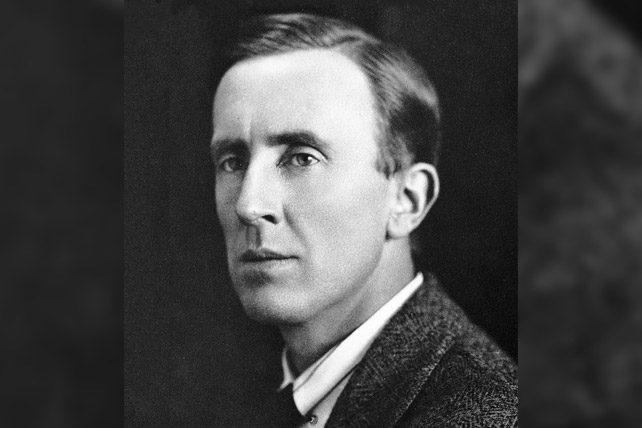In The Lord of the Rings, the journey of Frodo Baggins is a poignant exploration of these themes. Frodo’s quest to destroy the One Ring is fraught with peril, requiring immense personal sacrifice and placing him in direct confrontation with the forces of darkness. Similarly, characters like Aragorn and Gandalf embody the ideals of selfless leadership and wisdom, guiding others towards a common good.
Tolkien’s Catholic faith was more than just a personal belief system; it was a vital component of his identity that influenced his worldview, academic interests, and literary masterpieces. His works, while not overtly religious, are imbued with the principles of his faith, offering readers a rich tapestry of themes that explore the depths of human struggle, the necessity of sacrifice, and the hope of redemption. Through his creation of Middle-earth, Tolkien invites readers into a world where the values of his Catholic faith are woven into the very fabric of the narrative, offering a vision of life that is both profoundly spiritual and universally resonant.
Sacrifice in J.R.R. Tolkien’s Narratives
Sacrifice is a recurring and powerful theme in J.R.R. Tolkien’s narratives, deeply rooted in his faith. This theme not only drives the plot forward but also enriches the moral and philosophical underpinnings of his work. Tolkien’s portrayal of sacrifice—whether through characters, plot developments, or symbolic acts—mirrors the Catholic understanding of self-giving love and the redemptive value of suffering.
Sacrifice in The Lord of the Rings
The Lord of the Rings offers profound insights into the nature of sacrifice. Frodo Baggins, the ring-bearer, embodies the essence of sacrificial heroism. His willingness to carry the One Ring to Mordor, fully aware of the personal cost, reflects the Christian concept of taking up one’s cross. Frodo’s journey is a vivid illustration of the Catholic teaching on redemptive suffering—how personal sacrifice, borne out of love and commitment to a greater good, has the power to transform and save.

